The use of rock facades has gained significant popularity in the construction and architectural industry in recent years. These exquisite exteriors not only enhance the aesthetic appeal of buildings but also offer durable and low-maintenance solutions. Whether for residential or commercial purposes, rock facades have become a popular choice due to their versatility, longevity, and natural allure. 1. Enhancing Aesthetics: Rock facades provide an appealing and distinctive look to any structure. The diverse range of colors, textures, and patterns available in rocks allows for endless design possibilities. From rustic to refined, rock facades are suitable for various architectural styles, adding a touch of sophistication and uniqueness to any building.
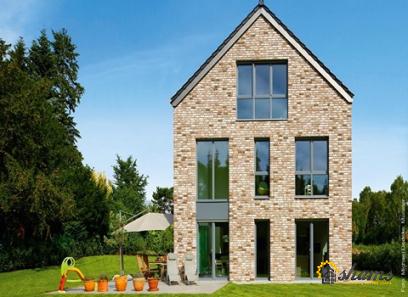
.
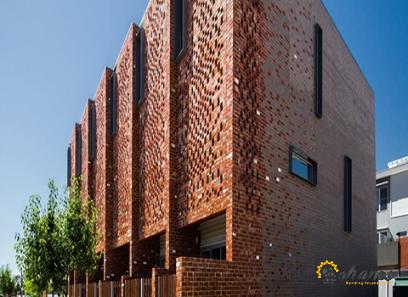 2. Durability and Longevity: One of the key advantages of rock facades is their durability. Rocks are resistant to weathering, wear, and even fire, making them an ideal choice for both interior and exterior applications. Whether it’s extreme temperatures, moisture, or ultraviolet radiation, rock facades are designed to withstand the harshest elements, ensuring they remain intact and unscathed for years to come. 3. Low Maintenance: Rock facades require minimal maintenance compared to other construction materials. Unlike wood or metal, rocks do not rot, warp, or corrode. They do not require regular painting or refinishing, saving both time and money. Simple cleaning routines, such as occasional power washing or brushing, are usually sufficient to maintain their pristine appearance.
2. Durability and Longevity: One of the key advantages of rock facades is their durability. Rocks are resistant to weathering, wear, and even fire, making them an ideal choice for both interior and exterior applications. Whether it’s extreme temperatures, moisture, or ultraviolet radiation, rock facades are designed to withstand the harshest elements, ensuring they remain intact and unscathed for years to come. 3. Low Maintenance: Rock facades require minimal maintenance compared to other construction materials. Unlike wood or metal, rocks do not rot, warp, or corrode. They do not require regular painting or refinishing, saving both time and money. Simple cleaning routines, such as occasional power washing or brushing, are usually sufficient to maintain their pristine appearance.
..
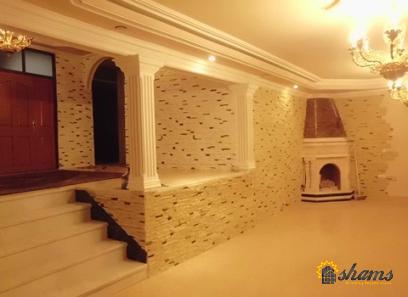 4. Energy Efficient: Rock facades offer excellent thermal insulation properties, reducing energy consumption. As rocks have high thermal mass, they are capable of storing and slowly releasing heat or cold, helping to regulate the temperature inside a building. This energy efficiency can lead to significant cost savings in heating and cooling expenses, making rock facades an eco-friendly choice. 5. Sustainability: Using rock facades promotes sustainability, as rocks are a natural and abundant resource. Quarrying rocks for construction purposes has a minimal impact on the environment compared to other extraction methods. Furthermore, rocks are often locally sourced, reducing transportation emissions. Their longevity also means less waste and a smaller carbon footprint.
4. Energy Efficient: Rock facades offer excellent thermal insulation properties, reducing energy consumption. As rocks have high thermal mass, they are capable of storing and slowly releasing heat or cold, helping to regulate the temperature inside a building. This energy efficiency can lead to significant cost savings in heating and cooling expenses, making rock facades an eco-friendly choice. 5. Sustainability: Using rock facades promotes sustainability, as rocks are a natural and abundant resource. Quarrying rocks for construction purposes has a minimal impact on the environment compared to other extraction methods. Furthermore, rocks are often locally sourced, reducing transportation emissions. Their longevity also means less waste and a smaller carbon footprint.
…
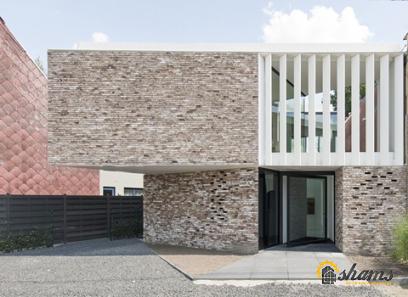 6. Versatility: Rock facades can be applied to various building surfaces, including walls, pillars, and even floors. They can be used to create stunning visual contrasts, accentuate architectural features, or simply add depth and character to a structure. With numerous types of rocks available, such as limestone, sandstone, granite, and slate, the possibilities for creativity are endless. Conclusion: Rock facades offer a multitude of benefits, from enhancing aesthetics to providing durability, low maintenance, energy efficiency, and sustainability. As a versatile and timeless construction material, rock facades continue to impress architects, builders, and property owners alike. Transform your building into a masterpiece by incorporating the natural allure of rock facades, creating a lasting impression for decades to come.
6. Versatility: Rock facades can be applied to various building surfaces, including walls, pillars, and even floors. They can be used to create stunning visual contrasts, accentuate architectural features, or simply add depth and character to a structure. With numerous types of rocks available, such as limestone, sandstone, granite, and slate, the possibilities for creativity are endless. Conclusion: Rock facades offer a multitude of benefits, from enhancing aesthetics to providing durability, low maintenance, energy efficiency, and sustainability. As a versatile and timeless construction material, rock facades continue to impress architects, builders, and property owners alike. Transform your building into a masterpiece by incorporating the natural allure of rock facades, creating a lasting impression for decades to come.

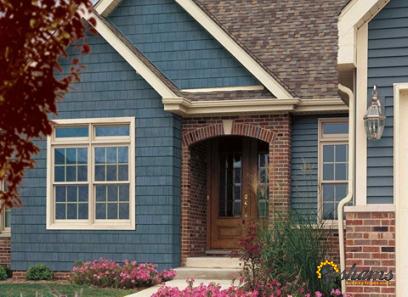
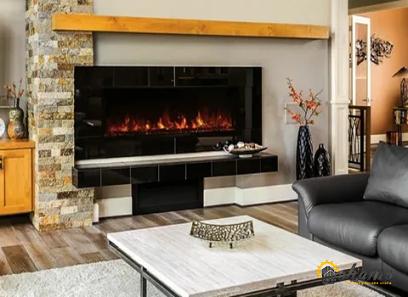
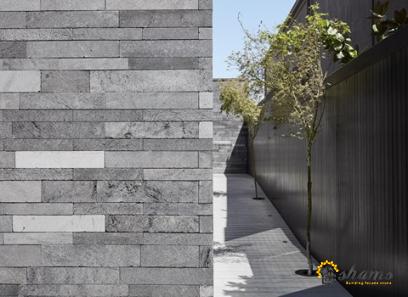
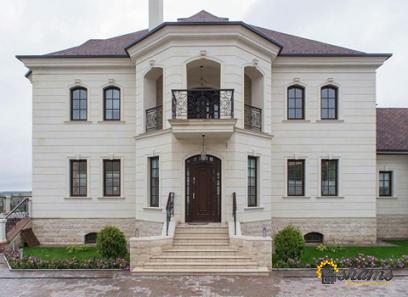
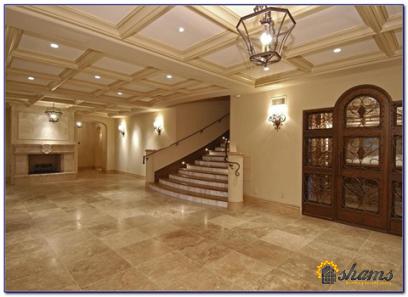

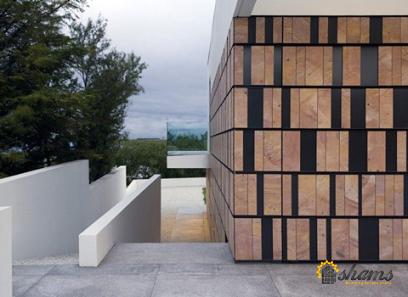
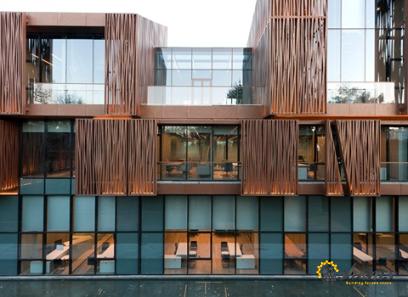
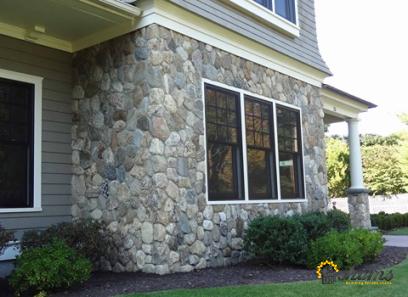
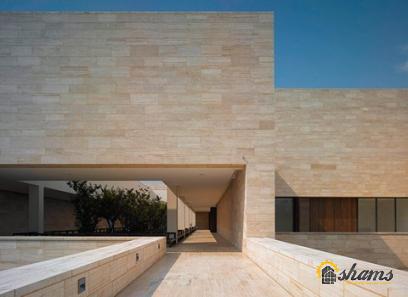
Your comment submitted.